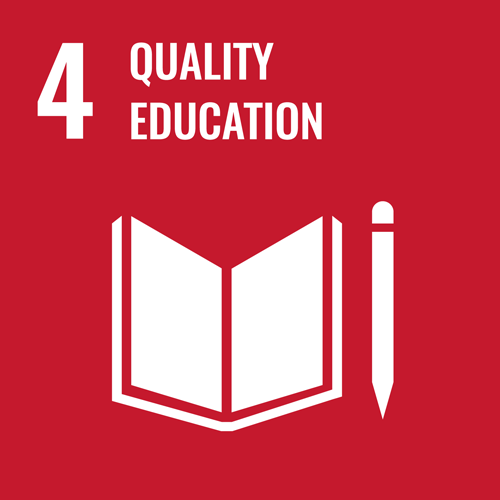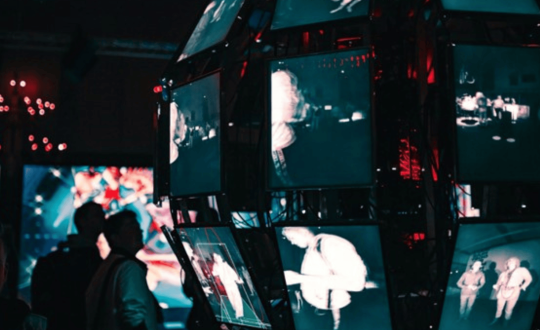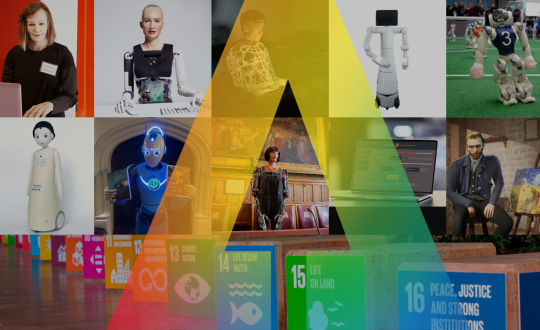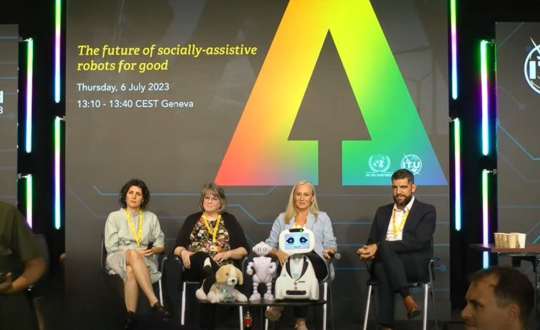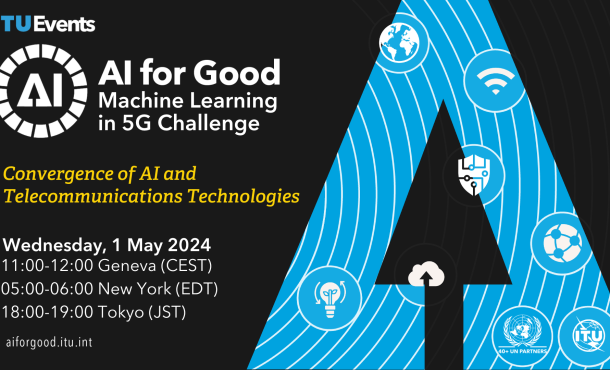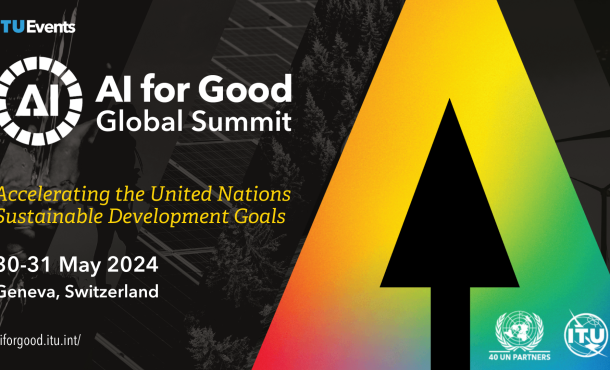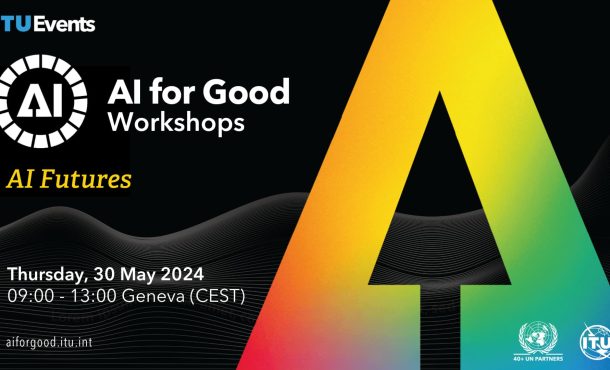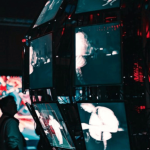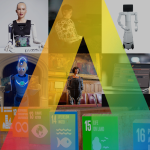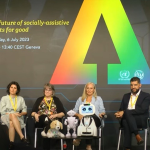4 ways AI can optimize learning and teaching

Artificial intelligence (AI) holds tremendous promise to improve our educational systems.
AI can provide customized learning for students and give teachers more time to focus on the most important aspects of education.
For instance, AI can assist the following tasks:
- Take over teachers’ routine tasks, such as marking assignments. Experimental results have showed that using machine learning and predictive modeling, the scores marked by AI matched human grading by as close as 85%;
- Virtual teaching assistants can answer many of the questions frequently asked by students. In 2014, a professor from the U.S. Georgia Institute of Technology created a robot teaching assistant, which had provided responses to students’ online questions for five months without being noticed by the students;
- Apply adaptive learning. Identify the successful formula, then apply adaptive learning solutions to deliver the right content, at the right time and in the best way for each student, according to his or her individual learning preferences and progress;
- Analyze students’ abilities, interests, and potential through classroom interaction, social media activities, etc., to find out the best learning method for them and even recommend their career path.
Teachers’ higher contribution to be realized
With AI taking over some of the administrative tasks, teachers can focus more on guiding the students.
For example, many students committing similar mistakes in the same assignment is an indication of a possible problem which needs teachers’ attention and follow-up.
RELATED: Who decides the future of artificial intelligence? Young people (if we support them).
Most importantly, the teachers can guide students to make the best use of their strengths and face their life positively. This requires specific skills, such as emotional intelligence, creativity and communication. All these are beyond current capabilities of machines.
Experimental results showed that using machine learning and predictive modeling, the scores marked by AI matched human grading by as close as 85%.
In the meantime, UNESCO has estimated that more than 24 million primary school teachers must be recruited and trained in order to achieve universal primary education by 2030, while another 44 million secondary teachers would be needed. Over 80% of them are newly recruited primary school teachers and will be replacing the retired.
AI will be very useful in sharing the workload and assisting in the transition.
Man-machine synergy effect
When Lee Kai-Fu, the AI expert talked about the future with Jack Ma of Alibaba, they both pointed out the importance of realizing the strengths of human beings.
Lee said: “AI should be appropriately utilized so that the man-machine synergy will be greater than 1 + 1. The key is that we must enrich our hard skills, that is, broad knowledge, and also we shall have soft skills, such as good communication skills, ability to work with others.” Ma also said that only people-oriented work would not be replaceable by machines.
When last year’s world Go champion Ke Jie was fully defeated by AlphaGo, Professor Yang Qiang, the renowned AI expert at the Hong Kong University of Science and Technology commented that Lee Sedol from South Korea might be the only person who had ever beaten AI (Lee won once in the 5 rounds against AlphaGo in 2016).
As for Lee Sedol, he commented after watching Ke Jie’s game: “It is impossible to defeat AI by using the traditional method, we have to use innovative thinking to overpower it in order to have a chance of winning.”
Innovation, communication skills and good emotional quotient are unique to human beings. Young people, let’s work harder for a higher level of achievement.


